Overview of the progress of gastric cancer immunotherapy and challenge
Author:Langyue Pavilion Essay Time:2022.09.12
Gastial gastric cancer is one of the main malignant tumors that cause the people of our country and even the pain and death of all human beings. Although the combined chemotherapy has made certain progress, the survival rate of gastric cancer patients is still difficult to be satisfactory. More and more evidence shows that immunotherapy is the benefit of cancer such as advanced melanoma, non -small cell lung cancer, renal cell carcinoma, and refractory Hodgkin lymphoma. Immunotherapy has also obtained more and more extensive gastric cancer. Application and high hopes.
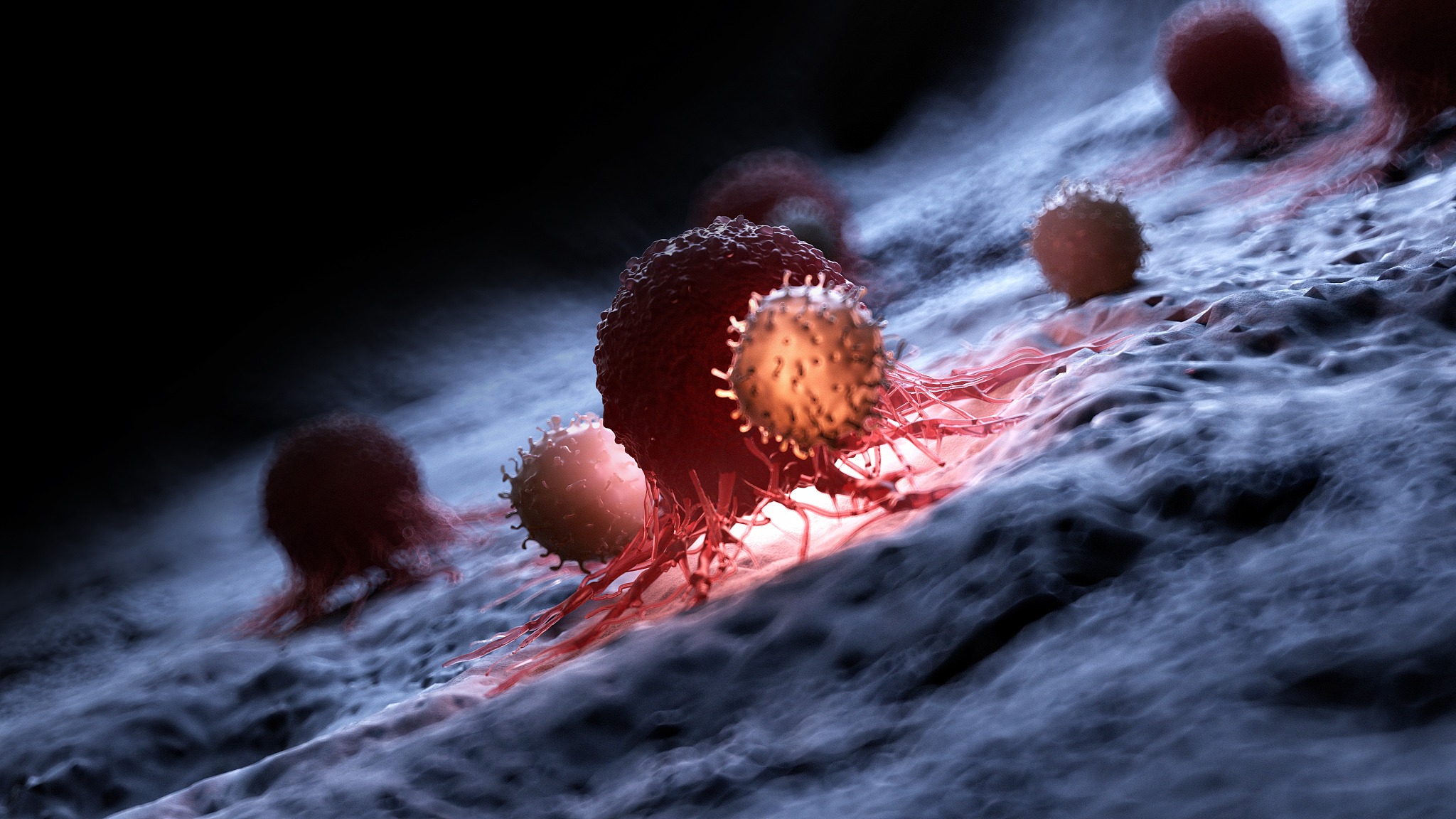
At present, there are a large number of clinical trials. The use of a single therapy or immune combined chemotherapy of immunotherapy to try to improve the treatment effect of gastric cancer patients, show the positive impact of the natural diseases of gastric cancer, improve the prognosis of some gastric cancer patients, and be approved as advanced gastric cancer. Standardized front line and backline treatment. Here are the basic principles and progress of four types of immunotherapy -related immunotherapy -related gastric cancer, and analyze the current challenges facing immunotherapy.
-Caporic examination point inhibitor
-Peoria Cell Therapy
-Oxin antigen receptor (CAR) -T cell therapy
-Coma vaccine
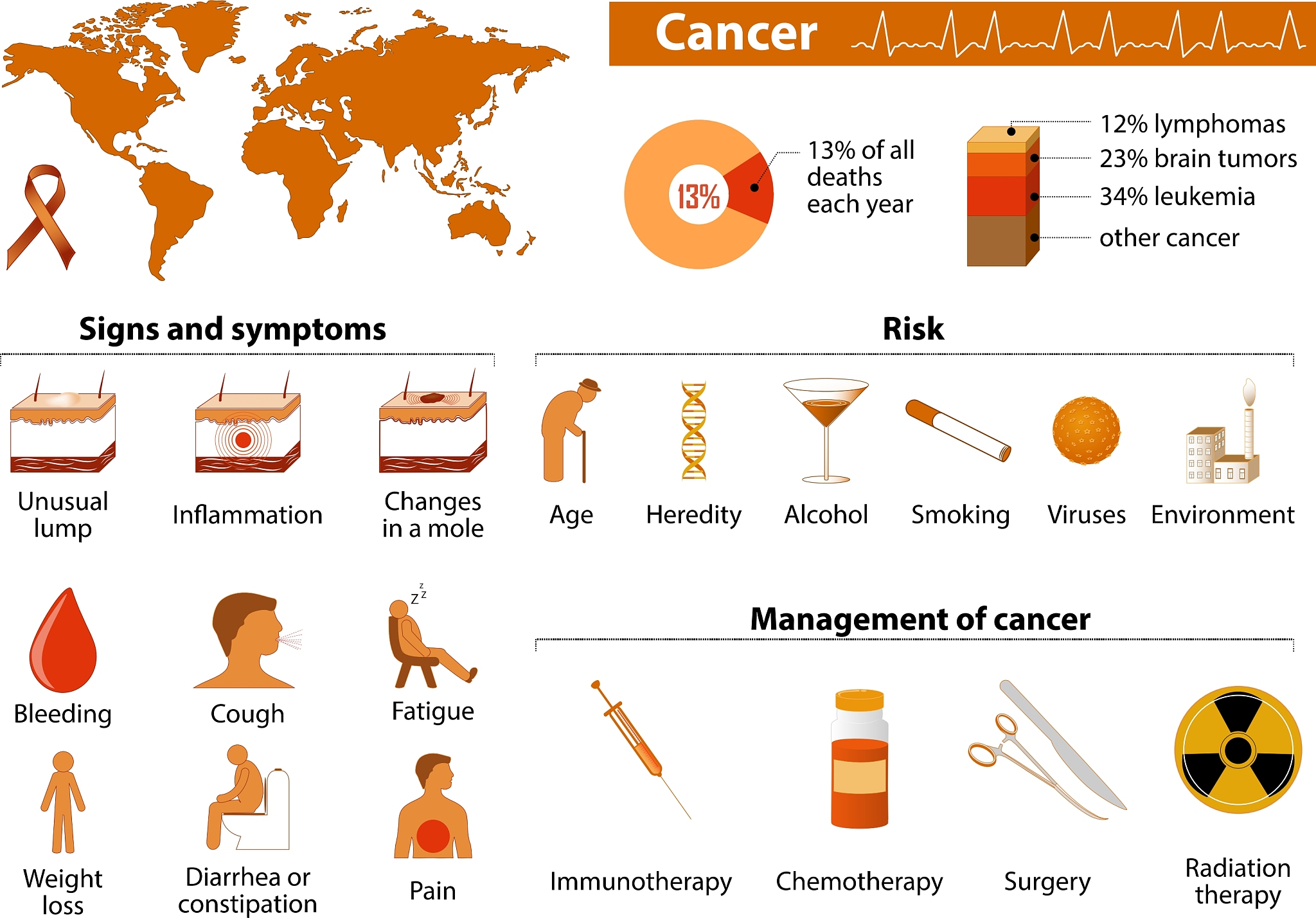
Immunohistic checkpoint inhibitor (ICI)
Over the past few years, the better understanding of the gastric cancer immune mechanism has greatly promoted the development of new immunotherapy. ICI can effectively interrupt the interaction of the immune checkpoint and destroy tumor cells by activating the host's immune system.
In 2011, the iPilimumab monoclonal resistance was approved by the first ICI to treat melanoma. There are three main types of ICI, anti-PD1, anti-PD-L1, and anti-CTLA4 antibodies. Active immune cells can express PD-1, tumor cells express PD-L1, PD-L1 and PD-1 binding to cause immune cell apoptosis and immunosuppression.
On the other hand, CTLA-4 protein can interact with B7-1/B7-2 with high affinity, leading to CD28 signaling pathway suppression, which plays a key role in T cell activation.
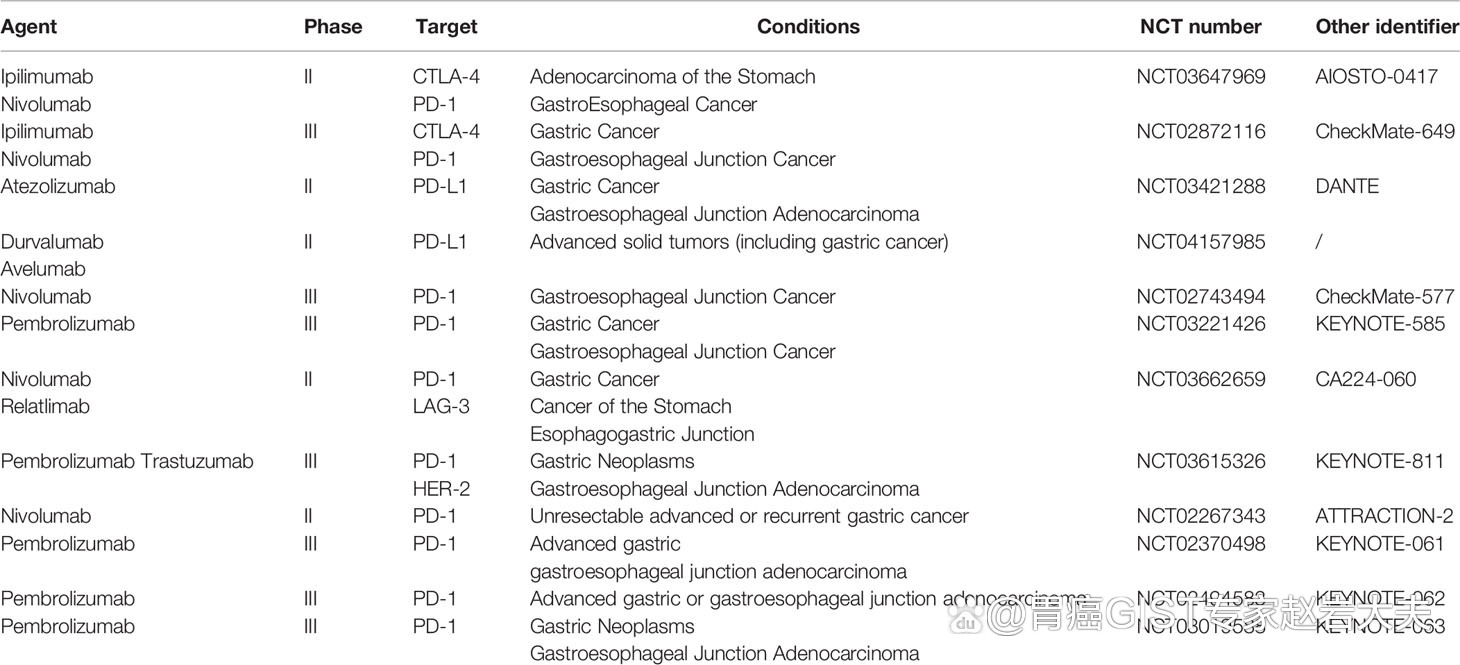
ICI entered the clinical research of gastric cancer
(This picture quotes from: front. Immunol., 01 July 2022 Sec. Cancer Immunity and Immunotherapy;
Advocal cell therapy
Some gastric cancer cells express a specific new antigen with high immunogenicity, thereby activating the human immune system. In this way, you can identify and destroy cancer cells. However, cancer cells can produce inhibitory factors, including lymphocyte activation gene 3 (LAG-3), TGF-β, prostaglandin E2, and IL-10, which can inhibit immune response and avoid the detection and removal of the immune system. For patients who cannot detect and respond to the immune system, relay cell therapy can become an effective strategy for treating advanced gastric cancer. Advocal cell therapy uses various immune cells, including tumor infiltration lymphocytes (TIL), lymphoster -activated killing cells and cytokines -induced killing (CIK) cells to induce effective immune removal of cancer cells.
Car-T
CAR-T cells are designed specifically for expressing synthetic receptors. These receptors can induce T cells to detect specific cancer antigens, thereby destroying tumor cells through the host's immunity. Biomators, such as dense protein 18.2 (CLDN 18.2), human epidermal growth factor receptor 2 (HER2), adhesive protein 1. Natural killing receptor group 2 (NKG2D), epithelial cell adhesion molecular (EPCAM), inter -epithelialinin (MSLN) and carcinoma antigen (CEA) play an important role in the diagnosis and function of gastric cancer. Studies have shown that CAR-T therapy can effectively target the above-mentioned biomarkers to treat advanced gastric cancer.
CAR-T cells targeting B7-H3 and CDH17 have also made progress in cancer treatment. Clinical studies have shown that B7-H3 is excessively expressed in tumor tissue in patients with advanced gastric cancer. The anti-tumor effect of the B7-H3 specific CAR-T cells has been evaluated in patients with advanced gastric cancer, and it shows cytotoxicity of gastric tumor cells.
CDH17 is a biomarker of gastrointestinal gastrointestinal glandular cancer, which plays a key role in CA2 -dependent adhesion switch and WNT signal conduction. The latest progress of CAR-T cells targeted CDH17 reveals that this new type of immunotherapy is a new treatment option for advanced gastric cancer. Pre -clinical studies using gastrointestinal cancer migrants in mice models show that CDH17CART therapy has a strong effect on advanced gastric cancer and has no obvious toxicity for normal gastric and intestinal epithelial cells.
Tumor vaccine
Another new type of immunotherapy of advanced gastric cancer is cancer vaccine, which can activate immune response to tumor cells in the body. The most studied cancer vaccine is the MRNA vaccine. It carrys the genetic information of antigen and can quickly convert it into protein to induce immune response and destroy cancer cells. Studies have shown that MRNA cancer vaccine shows strong effects and light side effects compared with traditional chemotherapy or targeted therapy. In addition, in the preliminary clinical trials, the combination of cancer vaccine and chemotherapy such as cisplatin and 5-fluorophilidine significantly enhanced the cytotoxicity of tumor cells. The clinical study of HLA-A24 and HLA-A2 peptides checked the number of peripheral blood monocytes of gastric cancer patients, and found that 50% of the patient's body fluid and cellular immune response were increased by patients with cancer vaccine.
challenge
The development of advanced gastric cancer immunotherapy has shown a huge advantage in traditional therapy. However, the clinical application of immunotherapy in advanced gastric cancer still has many challenges, such as the clinical efficacy still needs to be improved, and the problems of immunohistosis still hinder the widespread application of immunotherapy in advanced gastric cancer. Side effects and toxicity are still difficult to estimate, and some toxic side effects may even be fatal. The new strategies that overcome these challenges will involve combined with Car-T therapy and ICI, and use immune regulators to avoid immune suppression. We believe that the development of new immunotherapy may provide inspiration for the treatment of advanced gastric cancer.
#Tumor immunotherapy#
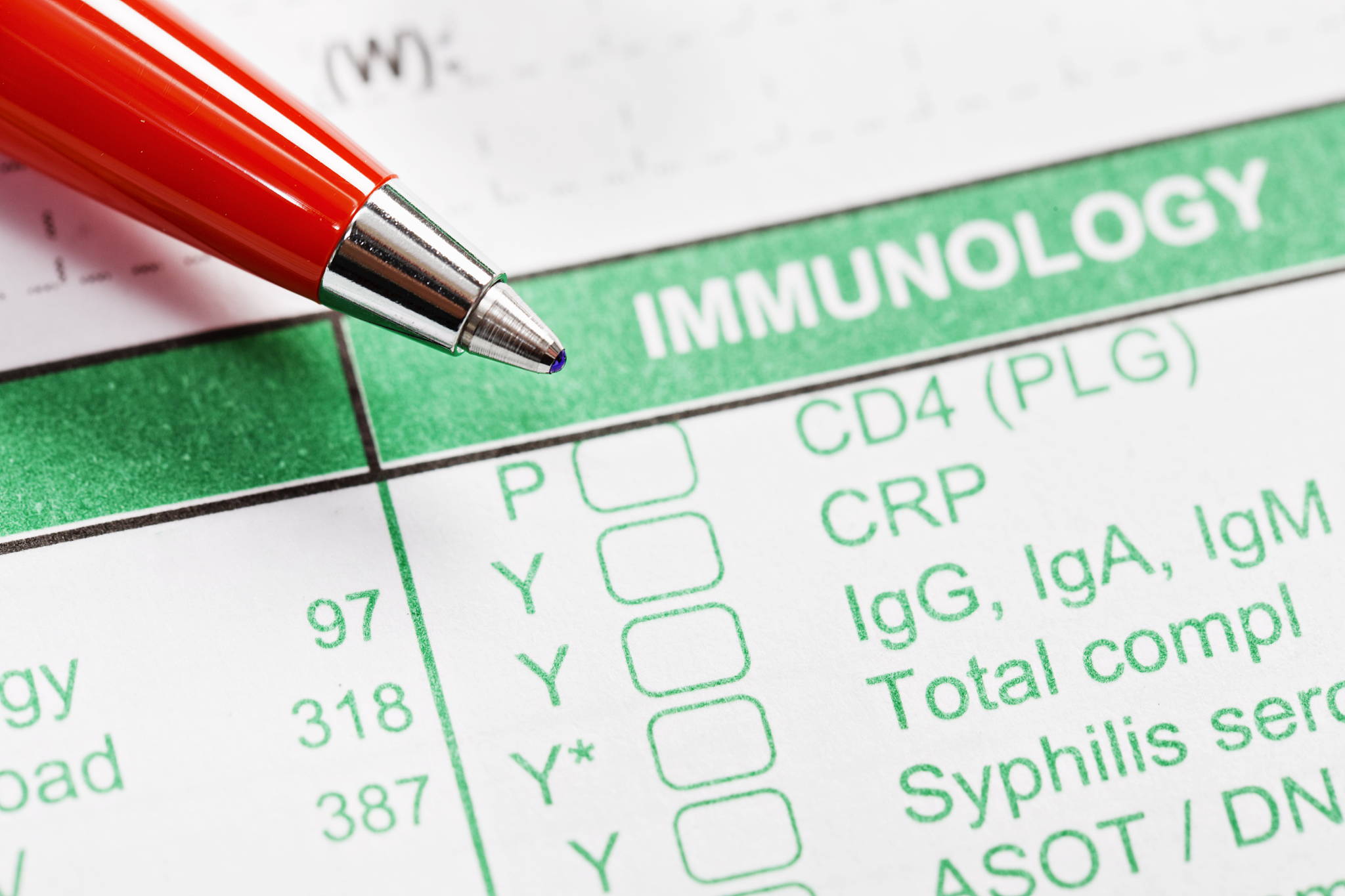
- END -
The docking conference of the "Her Power" activity project of Longjiang Revitalization was held
Gather the female elites, share the experience of female entrepreneurs' entrepreneurial experience, and lead and drive more entrepreneurial women to stand at the forefront of the revitalization and de...
Science and technology help supervision to improve the Nanjing Maritime Safety Administration's full element of water "large traffic management" system guardianship ship navigation
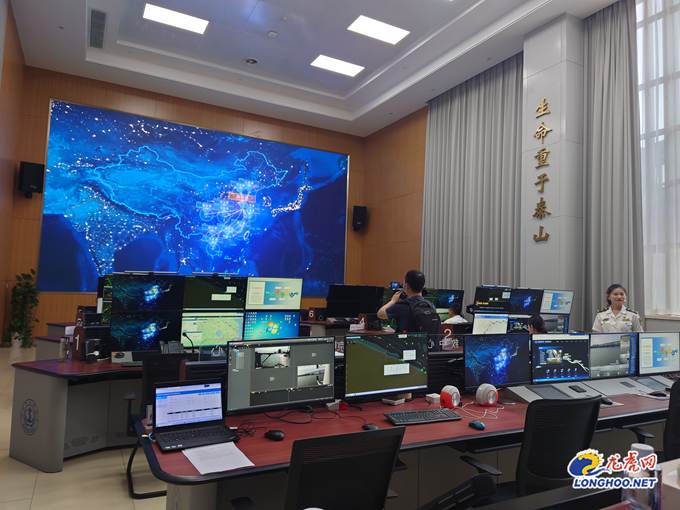
Longhu News (Reporter Li Zhiqiang correspondent Xu Daoyu) The Nanjing section of t...